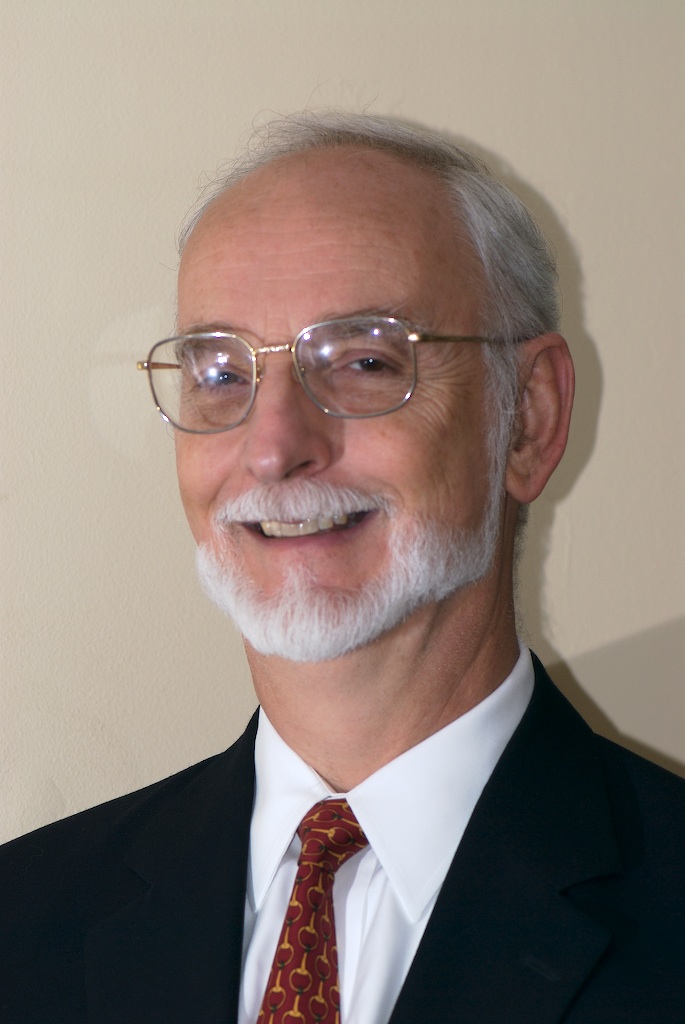Crises exacerbate the challenges of leadership but can also provide opportunities to create a better future. Two books, of different origin and focus, illustrate the characteristics of leadership required in times of crisis like the current situation.
The first, You’re It: Crisis, Change and How to Lead When it Matters Most, suggests that there are common leadership methods and tools for crisis situations. The authors are co-directors of the National Preparedness Leadership Initiative (NPLI), created at Harvard as a consequence of 9/11. NPLI conducts research on crisis leadership and offers training programs for new cohorts of leaders.
The second book, A Paradise Built in Hell, by Rebecca Solnit, maintains that it is precisely during catastrophes that communities find their voice and “the better angels of our nature” emerge. After the earthquake that devastated Mexico City in 1985, the author wrote: “With the earthquake, there appeared in Mexico City a true community spirit and a strong civil society took form, focused on mutual assistance and a vision of a better future.”
Five valuable lessons on leadership can be learned from both books’ propositions.
- Take “a walk in the woods”. After the decades-long cold war between the USA and the Soviet Union, both powers continued to be hugely suspicious of each other. During a break in the negotiations held to reduce nuclear arsenals, both teams’ leaders met by chance while walking in the nearby woods. They continued on their walk together and talked about their families, interests and personal motivations to reach an agreement. After making a personal connection, they built mutual trust and managed to reach an agreement.
Today, Mexico is facing an internal cold war: a high degree of polarization based on decades of mutual distrust between the private sector and the government. However, both sides are concerned about the future of their families and of all Mexicans. The consequences of not achieving a good agreement would be catastrophic. Their common interest, rather than decades of mistrust, should be the starting point for a "walk in the woods." - Recognize the importance of the underprivileged. Solnit emphasizes that a focus on protecting economic interests is unfair and counterproductive. We cannot ignore the most vulnerable Mexicans in this crisis. As Carlos Salazar, president of the CCE (Business Coordinating Council), said, the goal is “NO ONE LEFT BEHIND” (I wrote it in uppercase in my notes). In this way, he recognized the needs of both the formal and informal sectors.
- Focus on immediate response without allowing our emotions to get the better of us. In times of crisis, our evolutionary instinct leads us to an emotional “fight or flight” response. It dominates the most reptilian part of our brains, the amygdala, called the “basement of the brain” by the authors of You’re It. We have to get out the basement and go to the first floor, ruled by the crisis response protocols we learned and practiced beforehand.
- Make creative decisions for a better future. We need to move up from the first floor to the second with creative, innovative actions focused on creating a better world. You´re It describes an iterative methodology known as POP-DOC (Perceive-Orientate-Predict; Decide-Operationalize-Communicate; start over again), which opens our minds in order to pivot towards social good.
- Achieve holistic leadership, through:
- Meta-leadership that transcends the capacities and needs of a single group. It incorporates different groups—doctors and epidemiologists, representatives of affected communities, employees, government institutions, and business sectors, civil society and the academic community. It does not address parochial interests, unless there is a common interest.
- Swarm leadership is achieved when everyone acknowledges their responsibility towards a common goal, like a swarm of bees. They accept their responsibilities and act without the need for central authorization. Diverse groups came together in response to the Boston Marathon terrorist attack in 2013. They all knew what to do and did it without the need for instructions. In an interview with Harvard Business Review, Eric McNulty (one of the authors of You’re It) emphasizes that the duration of the COVID-19 crisis will be measured in years. Swarm leadership empowers a wide range of leaders who can be relieved when “war room fatigue” sets in.
Individuals, communities and businesses will undoubtedly face emotional, health and financial problems. If we think creatively, we will be able to mitigate the effects of the crisis and lay the foundation for a fairer, more sustainable and more competitive future.
